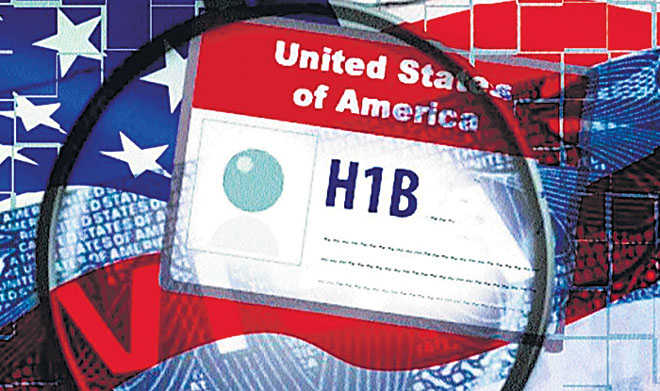Evaluating the Duration of Legal Proceedings for Car Accident Claims

Introduction
In the aftermath of a car accident, victims often face a myriad of challenges, from physical injuries to emotional distress and financial burdens. Seeking compensation through legal avenues becomes a necessity for many individuals to recover losses and rebuild their lives. Understanding the timeline of legal proceedings for car accident claims is crucial for managing expectations and making informed decisions. This comprehensive guide aims to delve into the factors influencing the duration of such proceedings, empowering individuals with knowledge to navigate the legal system effectively.
The Initial Phase: Gathering Evidence and Filing a Claim
The journey towards obtaining compensation begins with the initial phase of gathering evidence and filing a claim. This stage is pivotal as it sets the foundation for the entire legal process. Victims, with the assistance of their legal representatives, compile relevant documentation, including police reports, medical records, witness statements, and photographs of the accident scene. Each piece of evidence plays a vital role in substantiating the claim and establishing liability. Once the evidence is gathered, the claim is formally submitted to the insurance company or, in some cases, to the court.
Understanding the Legal Landscape: Jurisdiction and Complexity
Jurisdiction and the complexity of the case are pivotal in determining the duration of car accident settlements. Question: how long do car accident settlements take the answer often hinges on various legal factors, including jurisdiction and the complexity of the case. Jurisdiction refers to the geographical area in which the accident occurred and where the legal proceedings take place. Different jurisdictions have distinct rules and procedures governing personal injury claims, which can impact the timeline significantly. Additionally, the complexity of the case, such as the severity of injuries, disputed liability, and involvement of multiple parties, can prolong the litigation process.
Negotiation and Settlement Attempts
Following the filing of the claim, the next phase involves negotiation and settlement attempts between the parties involved. Insurance companies typically conduct their investigations and may offer a settlement to resolve the claim out of court. However, these initial offers may not always adequately compensate victims for their losses. Hence, negotiations ensue, with both parties striving to reach a fair and satisfactory settlement. The duration of this phase can vary depending on the willingness of the parties to compromise and the complexity of issues under discussion.
Mediation and Alternative Dispute Resolution (ADR)
In cases where negotiations stall or parties cannot reach a settlement agreement, mediation or alternative dispute resolution (ADR) methods may be pursued. Mediation involves a neutral third party facilitating discussions between the parties to help them find common ground and reach a mutually acceptable resolution. ADR methods offer a more collaborative and cost-effective approach compared to traditional litigation, but their effectiveness in expediting the settlement process depends on the willingness of the parties to engage in meaningful dialogue and compromise.
Litigation and Trial Proceedings
If all attempts at settlement fail, the case proceeds to litigation, where it is resolved through trial proceedings in a court of law. Litigation can significantly extend the duration of car accident claims, as it involves formal court procedures, such as discovery, motions, and hearings. Both parties present their arguments and evidence before a judge or jury, who ultimately decides the outcome of the case. The trial process can be lengthy and resource-intensive, with factors such as court backlog and scheduling affecting the timeline.
Appeals and Post-Trial Proceedings
Even after a trial verdict is reached, the legal process may not necessarily conclude. Dissatisfied parties have the right to appeal the decision, leading to further proceedings in appellate courts. Appeals can prolong the resolution of car accident claims, as they involve reviewing the trial court’s proceedings and legal arguments presented by both parties. Additionally, post-trial motions, such as requests for a new trial or modifications to the judgment, may further extend the timeline before a final resolution is achieved.
Conclusion
In conclusion, evaluating the duration of legal proceedings for car accident claims requires a comprehensive understanding of the various stages and factors involved. From the initial phase of evidence gathering to the resolution through negotiation, mediation, or litigation, each step plays a crucial role in determining the timeline. While the duration of settlements can vary widely depending on jurisdiction, case complexity, and other legal considerations, victims can navigate the process more effectively by seeking guidance from experienced legal professionals. By empowering themselves with knowledge and realistic expectations, individuals can strive for fair compensation and closure in the aftermath of car accidents.






